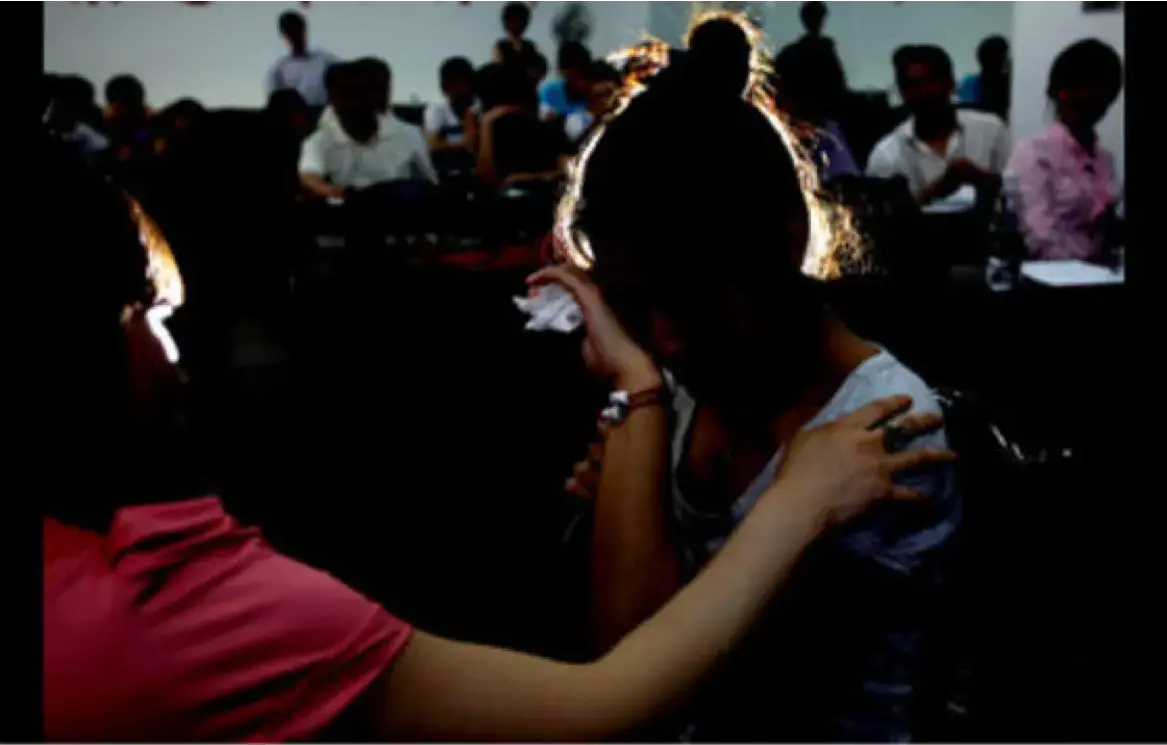On the occasion of celebrating the first national day of the elderly in China, one important commitment to make is to let the elderly live free of violence and abuse. This is a commitment to be made by the governments, the communities and every individual member of the society. No violence and abuse against the elderly should be tolerated in any circumstances.
At the international level, the United Nations General Assembly designated June 15 as World Elder Abuse Awareness Day. On this day the whole world voices its opposition to the abuse and violence that some of the world’s old people are suffering.
The World Health Organization estimates that between 4 and 6 per cent of older persons worldwide have suffered from a form of elder abuse — physical, emotional, financial. Furthermore, emerging research suggests that abuse, neglect and violence against older persons, both at home and in institutions, are much more prevalent than currently acknowledged.
Such abuse is an unacceptable violation of human rights of the elderly. Making matters even worse, such cases often remain unreported and unaddressed, especially in the family settings. In China, even though the society values filial value greatly, elder abuse often occurs in and outside of families, in both cities and in the countryside.
Three months ago, the revised national law on protection of the older persons’ rights and interests was put into effect. No doubt the revision of the law is a great advancement in protecting older people’s rights by acknowledging that all stakeholders at various levels have the duty to protect the rights of the elderly. Within the family settings, the law prohibits domestic violence against the elderly and it attempts to encourage family members to pay more regular visits of old-age parents. However, clear definitions and specific measures are lacking in order to operationalize these general clauses.
The notion of ending violence and abuse against old persons needs to be further strengthened. A window of opportunity is emerging to give more emphasis and clarity on how to define, how prevent, and how to respond to family violence against older persons. China is in the process of drafting the country’s first national law on family violence. Emphasizing that no family members, children, women, the disabled and the elderly, should suffer from any form of violence, the upcoming family violence law should establish mechanisms to prevent and respond to violence and abuse against older persons, especially within family settings.
Elder abuse also occurs in communities by care-givers. As China responds to rapid ageing by increasing the scale and speed of developing old-age care institutions, “zero tolerance” to elder abuse including violence should be guaranteed as a prerequisite in the process. Care-givers should be trained, and the institutions should be monitoring and evaluated to make sure of the compliance.
In the efforts to address the issue of elder abuse, a gender perspective should be brought in. Old men and women usually have different circumstances in the old age. Older women are more prone to violence and abuse, as they face double discrimination from age and gender. Prevention and response systems should consider gender sensitive needs of old men and women.
One important step in ensuring a life free from violence and abuse for the elderly is the necessity to get more reliable data. It is essential to understand not only the prevalence of the problem, but also the underlying reasons. The comprehension of the scale and the root causes of the problems form the basis for effective prevention and response policies and intervention programmes that will require concerted efforts from the government entities, the communities and each individual member of the society, including older people themselves.
The world is ageing rapidly and such process in China is faster at a larger scale. The proportion of the old people will continue to grow. Actions must be taken now to ensure the elderly live a life free from violence and abuse. This is the foundation for reaping potential longevity dividend in the quest of sustainable and equitable development for all.
The Author is Mr. Arie Hoekman, the United Nations Population Fund’s (UNFPA) Representative to China. UNFPA is part of the UN Theme Group on Gender which is committed to promote gender equality in China, including setting up a special task force to provide technical support on the drafting of China’s Anti-Family Violence Law.



